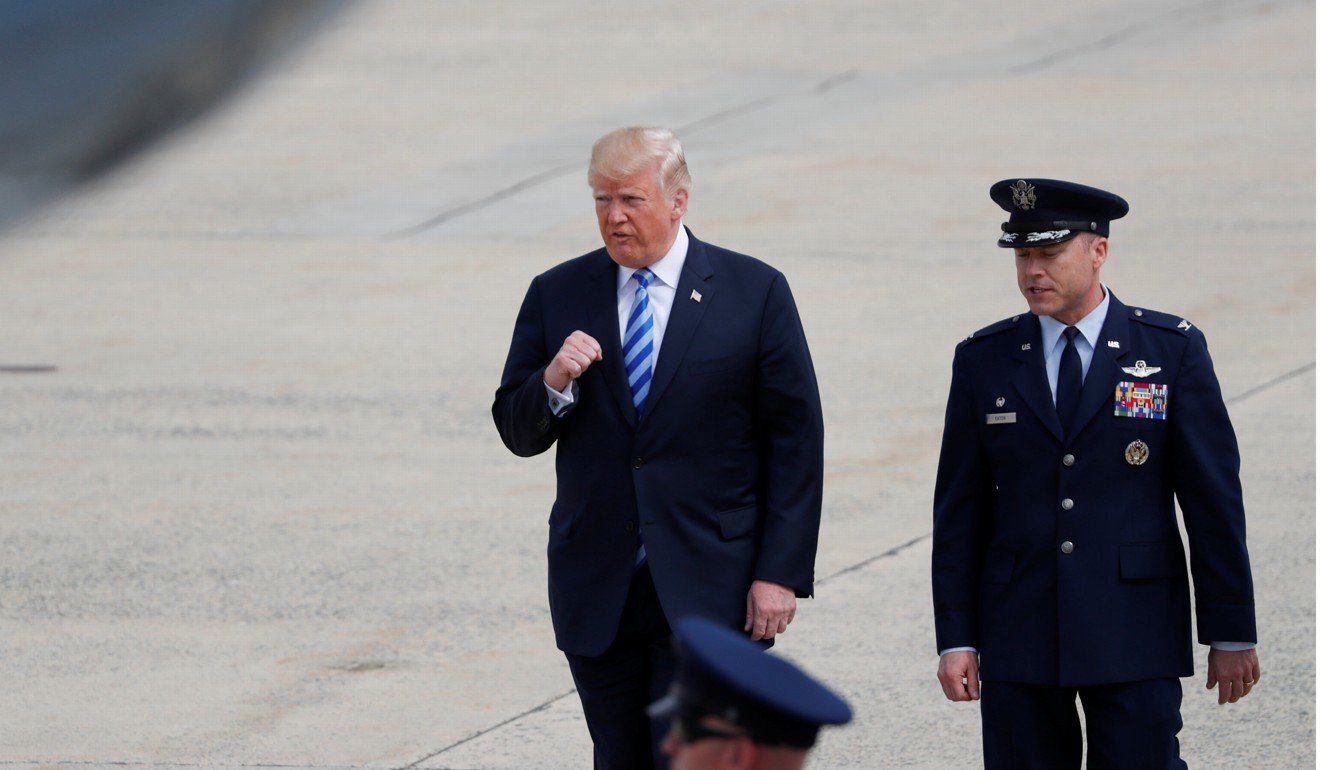
US lawmakers set US$717 billion defence bill, with eye on China, Russia and Turkey
House of Representatives’ bill includes provisions to counter perceived threats from China and Russia

US House of Representatives lawmakers released details on Friday of a US$717 billion annual defence policy bill, including efforts to compete with Russia and China and a measure to temporarily halt weapons sales to Turkey.
The House Armed Services Committee is due to debate next week the annual National Defence Authorisation Act (NDAA), which authorises the level of defence spending and sets policies controlling how the funding is used.
One of the few pieces of major legislation passed by Congress every year, the NDAA is used as a vehicle for a broad range of policy measures, as well as determining everything from military pay levels and benefits to which ships or aircraft will be modernised, bought or discontinued.

The committee will not release the bill itself until next week, but Republicans, who control the panel, and the minority Democrats, each released summaries.
On China, the proposed NDAA includes provisions including improving Taiwan’s defence capabilities and barring any US government agency from using “risky” technology produced by Huawei and ZTE, which a committee statement describes as “linked to the Chinese Communist Party’s intelligence apparatus”.
Washington has recently made a series of moves aimed at stopping or reducing access by Huawei and ZTE to the US economy amid allegations the telecommunications equipment companies could be using their technology to spy on Americans.

On Russia, the proposed NDAA for financial year 2019 includes provisions such as imposing new sanctions on Russia’s arms industry in response to alleged treaty violations, prohibiting military-to-military cooperation and providing more funding for cyberwarfare.
But it also includes a rule, backed by President Donald Trump’s fellow Republicans, that would allow Trump to end some sanctions imposed on Russia in legislation Congress passed overwhelmingly last summer despite the president’s objections.
The legislation would also ask the Defence Department to provide Congress with a report on the relationship between the United States and Turkey, and would block the sale of major defence equipment until the report was complete.

Although Turkey is a Nato ally, relations between Ankara and Washington recently have deteriorated. Turkey supported the US fight against Islamic State, but has become increasingly worried about US backing for Kurdish fighters in Syria.
The NDAA is several steps from becoming law. The final version of the legislation will be a compromise reached later this year by House and Senate negotiators between separate versions of the bill approved in the two chambers.